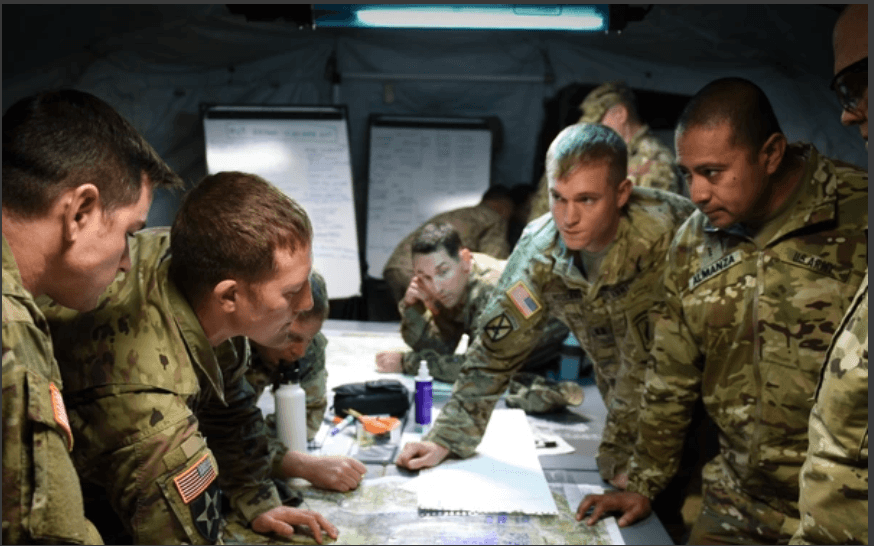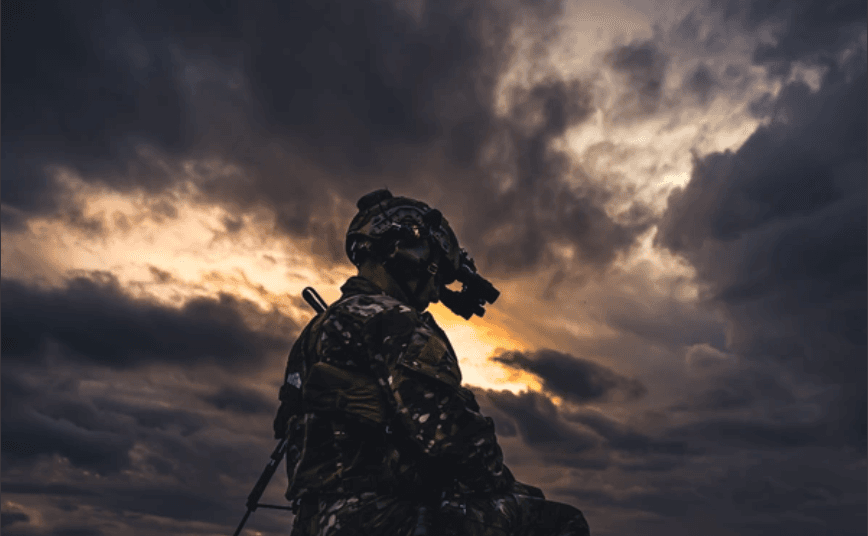Commentary
We should never want to know (nor work for) a person who does not have imposter syndrome—can you imagine that person’s arrogance? So why do so many good and capable people experience this feeling and, worse, see it as a huge weakness? So let’s change that perspective.
Imposter syndrome often wears the guise of an inner critic, that nagging voice that whispers you’re not quite the genuine article, that you’re merely masquerading as something more. Yet, what if we dared to reframe this voice not as the harbinger of doubt but as the herald of our uncharted potential? Imposter syndrome can be seen not as a flaw but as a fulcrum, leveraging our discomfort to catapult us into realms of growth we might never otherwise dare to explore.





